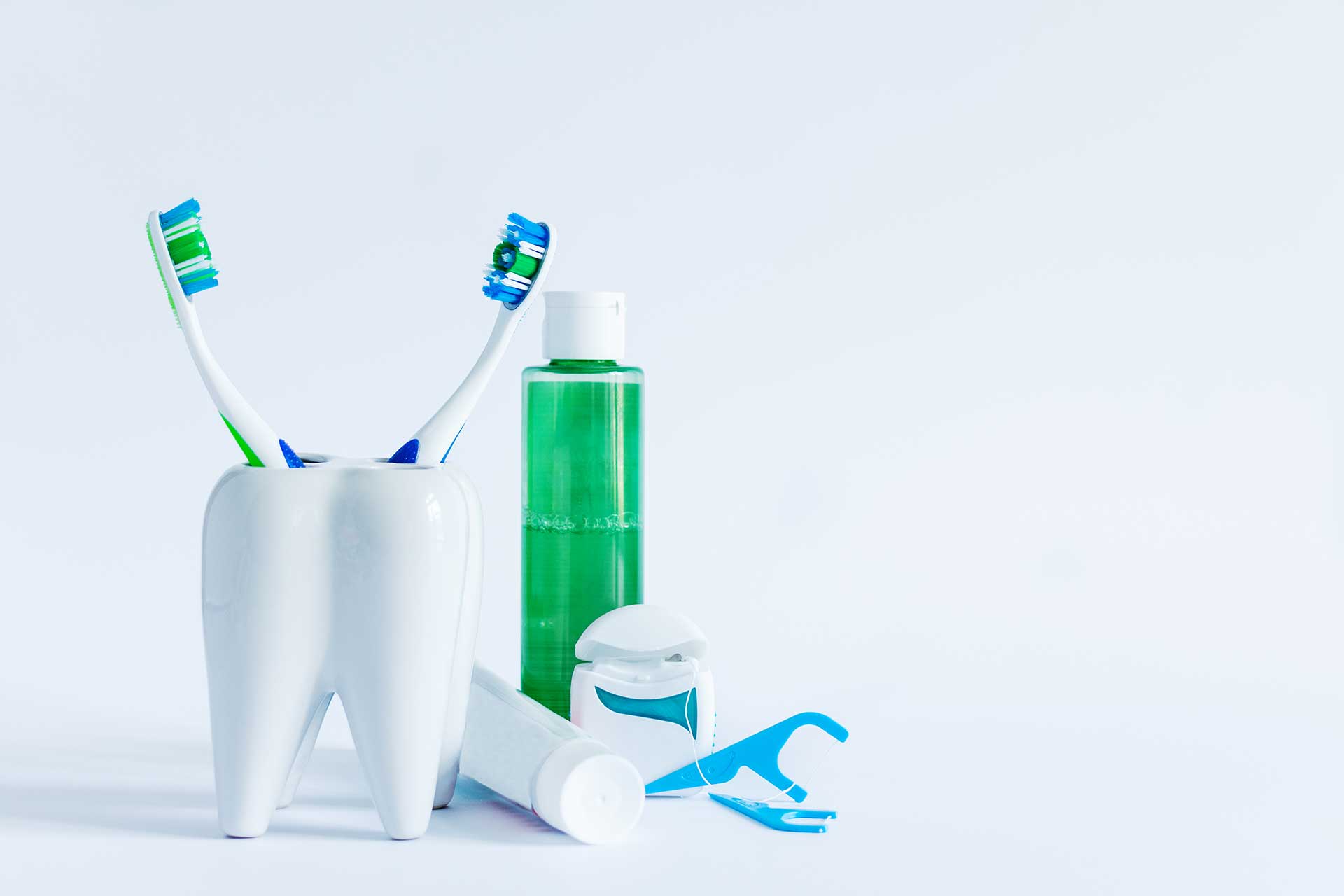Oral health is an integral part of our overall health, and regular oral care plays a key role in maintaining this health. However, many people consider simply brushing their teeth to be sufficient. So, is brushing really enough?
The Importance of Oral Care
The mouth is the entry point for many germs to enter our bodies. Therefore, neglecting oral hygiene can lead to various problems such as tooth decay, gum disease, and bad breath. These issues not only affect oral health but can also impact overall health. For example, gum disease can increase the risk of heart disease and make it harder to control diabetes.
The primary goal of oral care is to reduce plaque buildup and bacterial formation on the teeth. Plaque is a sticky layer formed by food debris accumulating on the teeth, which can harden over time and turn into tartar. Brushing the teeth is one of the most effective ways to prevent plaque buildup, but it alone is not sufficient.
Why Is Brushing Not Enough?
While brushing is the cornerstone of oral hygiene, it is not enough on its own. This is because a toothbrush cannot reach between the teeth and along the gum line. Therefore, using tools like dental floss or interdental brushes is also important. Dental floss removes plaque and debris between the teeth, while interdental brushes clean the larger gaps between teeth. When used in conjunction with brushing, these tools provide a more effective cleaning.
Additionally, mouthwashes play an important role in oral hygiene. Antiseptic mouthwash solutions kill bacteria and microbes, supporting oral hygiene. However, mouthwashes alone do not replace oral care. They should be used in conjunction with brushing and flossing.
Regular Dental Checkups
Another crucial aspect of oral care is regular dental checkups. Dentists assess the condition of your teeth and gums and identify any potential problems at an early stage. This allows preventive measures to be taken and serious issues to be avoided.
In general, it is important to visit your dentist at least twice a year. However, if there are specific conditions affecting your dental health, your dentist may recommend more frequent visits.
Tips for Healthy Oral Care
To maintain a healthy mouth, it is important to follow these tips:
- Brushing your teeth at least twice a day.
- Use dental floss or interdental brushes to clean between your teeth.
- Use mouthwash to kill bacteria and microbes in your mouth.
- Regularly visit your dentist for checkups.
- Maintain a healthy diet and avoid sugary foods and drinks.
- Misconceptions about Oral Hygiene
Misinformation About Oral Hygiene
Misinformation about oral hygiene is widespread and can lead to improper practices. Some common misconceptions include:
- Brushing Harder Is Better: Brushing your teeth vigorously does not improve plaque and tartar removal; instead, it can damage the gums. Using a toothbrush with soft bristles and brushing gently is more effective.
- Brushing Alone Is Sufficient: Many people believe that brushing alone is enough. However, the use of dental floss and interdental brushes is also necessary for thorough cleaning.
- All Mouthwashes Are Effective: There are many different mouthwashes available, but not all are effective. Some only provide fresh breath, while others help kill bacteria and microbes.
- Regularly Changing the Toothbrush Is Unnecessary: It is important to regularly change your toothbrush for effective dental cleaning. The bristles of a toothbrush wear out over time, reducing its effectiveness. It is recommended to replace your toothbrush every 3 to 4 months.
